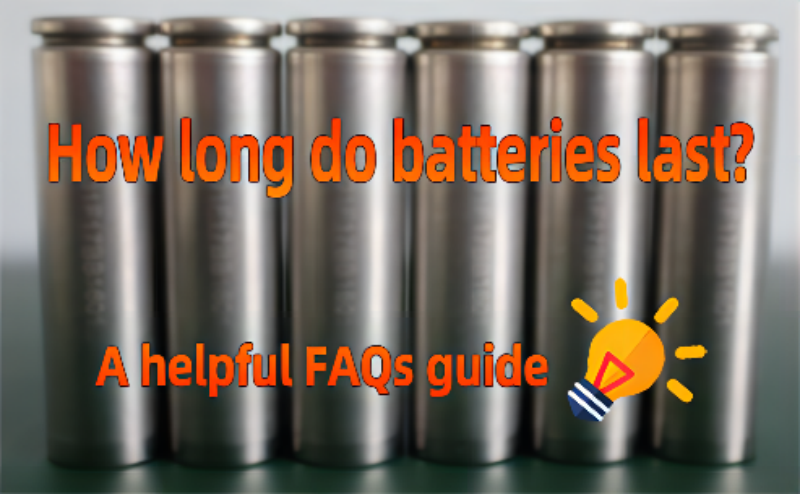
Everyone wants their gadgets to be at their very best, particularly in terms of efficiency and usage. One of the ways to achieve this is to have a long-lasting battery. Most folks consider the efficiency of batteries in terms of their life cycle, which determines how long do batteries last. This explains why scientists have invested so much in developing super batteries that can last for years.
1.How do I know how long batteries last?
With various types of batteries with different specifications and types flooding the market, how can I determine how long batteries can last? Although various factors affect the runtime of a battery, it is still possible to determine a battery's run time. This is because the batteries' manual or guide show the reserve capacity which shows how long they can be used without charge. In the event that the circuit fixes more or less power than the power specified, you are likely to experience a longer or shorter battery life. To determine how long the battery will last, you have to calculate the battery's capacity and divide by its circuit power.
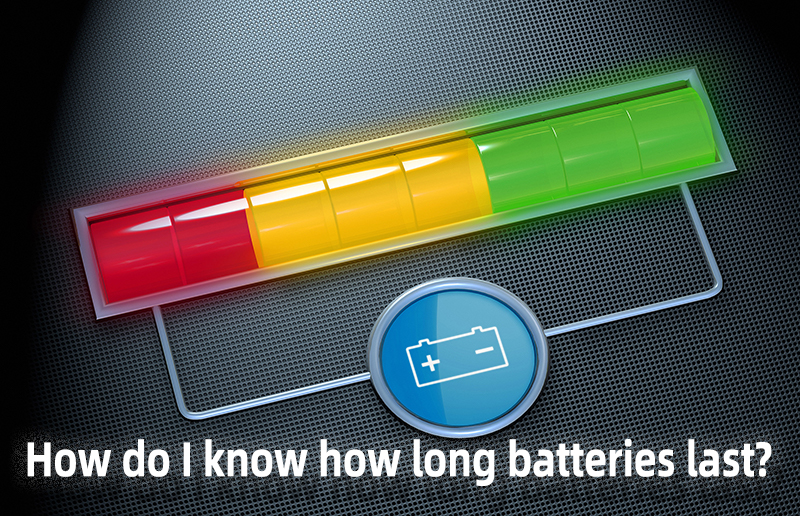
You can calculate a battery run time, using the following steps:
- Calculate the battery's energy level: To calculate this, you must multiply the reserve capacity by 60 and further multiply the result by 262.5. for instance, if your battery has a reserve capacity of 200. 200× 60=12000. Calculating the power rated wattage is 12000×262.5= 3,146,400
- This implies that the battery contains 3.146 megajoules of energy.
- Divide the energy level by the voltage produced: Assuming your battery produces a voltage of 15V, then the battery's runtime is 3,146,400÷15= 209,760
- Divide the result by the current generated: assuming the battery generates a current of 20 amperes. 209,760÷20= 10,488
10,488÷ 60 sec÷60 mins= 2.91 hours or 2 hours 54 mins.
There are different apps and online calculators that can also help you determine the runtime of your battery.
2.Which battery has the longest lifespan?
Although it is difficult to fully estimate the lifespan of batteries, as new ones are being produced every year. However, the lithium-ion battery has a lifespan of 4000 cycles.
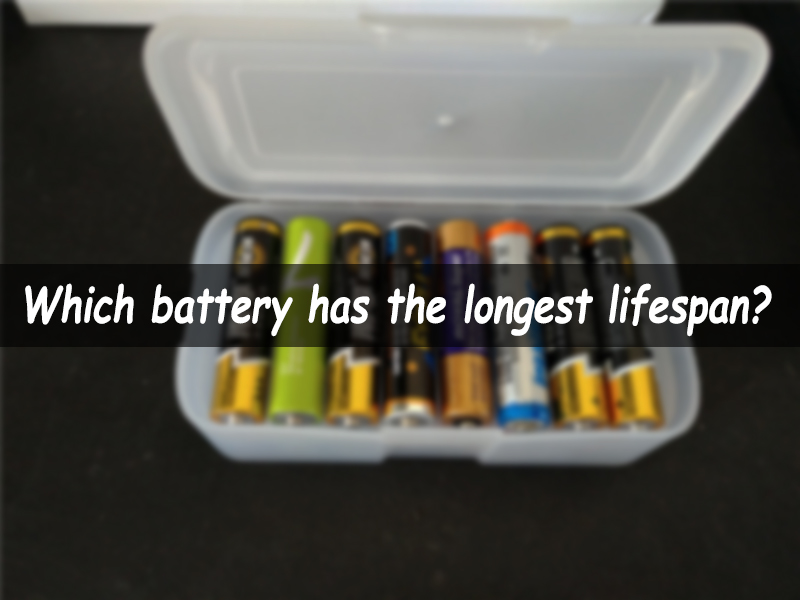
3.What is the average life of a lithium-ion battery?
Most users expect lithium batteries to serve at least two to three times the length of lead-acid batteries. Therefore most lithium-ion batteries are expected to last for 4000 cycles which equates to about 10 years if you cycle the battery once a day.
4.Can lithium batteries last for 20 years?
For many people, it is practically impossible for lithium-ion batteries to last for up to 20 years. However, in the light of recent research, some special lithium-ion batteries which have been recently developed have been said to be able to last about 20 years of regular usage.It's actually a relative concept, the life of a lithium battery depends on the number of cycles, the number of times you use it. If you charge and discharge ten times a day, then 4,000times deep cycle lithium battery will only last about one year(4000/10=400 days).
5.How do you maintain lithium-ion batteries?
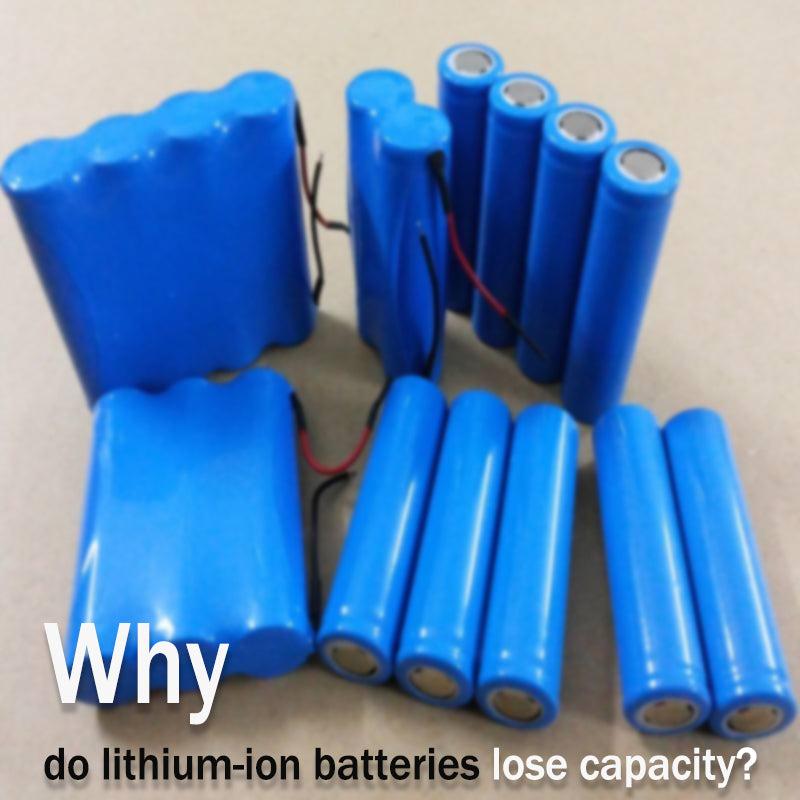
Lithium-ion batteries thrive and are at their best when they are properly maintained. How then can anyone look to maintain lithium-ion batteries? Here are a few tips on how to maintain them:
- Avoid extreme temperatures: Extreme temperatures are known to increase the rate of degradation in lithium-ionbatteries and increase safety concerns such as explosion and fire outbreaks. Therefore, if you intend to get the most from your batteries and maintain them, they must be stored at moderate or warm temperatures. Furthermore, if you notice your lithium-ion battery is getting hot while in use, you should unplug it.
- Reduce the amount of time your lithium-ionbattery spends at 0% or 100%: O% and 100% battery levels are high and low states of energy level that stresses the battery. Therefore, it is important to set stages of 80% for its charging limit, while ensuring it does not exceed 20% before it is plugged in.
- Minimizethe use of fast chargers: Using fast chargers can be extremely convenient, especially when you want to quickly power up your device. However, it is extremely detrimental to the health of your lithium-ion battery. In the same vein, rapidly discharging your battery destroys the health of the battery. Therefore, a hack to maintain the health of the lithium-ion batteries is to ensure that their charging and discharging rates are reduced and moderated. You must also learn to protect your lithium-ion battery against puncture or any form of mechanical damage.
- Don't store lithium-ionbatteries in a moist environment: Lithium-ion batteries do not fare well around moisture.
6.Why do lithium-ion batteries lose capacity?
Batteries are not meant to last forever, but your battery should last for a while and a considerable period at that. However, what makes lithium-ion batteries lose their capacity? Here are a few reasons why:
- Battery temperature: Exposure to high temperaturesreduces the capacity of a battery.
- Overcharging Lithium-ion battery: Lithium ion battery overcharge has been known to destroy lithium-ion batteries due to the process called trickle charging. Trickle charging is the situation when the battery is continually topped with charges or current. The influx of excessive current increases the internal temperature of lithium-ion batteries which in turn degrades their lifetime and battery capacity.
- Age: Lithium-ion batteries lose their capacity after they have been used for a while. Most times, batteries have average life cycles which they rarely exceed4000. Often, the capacity of the battery decreases as it approaches this charge cycle, as it slowly loses capacity.
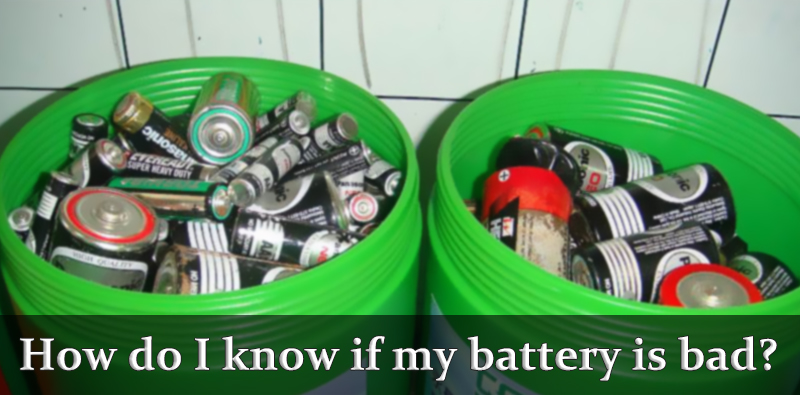
7.How do I know if my battery is bad?
Batteries get worn out, old and require a replacement. When they are, you must change them to get the maximum result. How do you know that your battery is bad? Your battery is bad when you experience the following:
- Lower voltage
- High self-discharge rate
- Bloated battery
- Overheated battery
- Reduced battery capacity.
- Stops charging.
Ultimately, when you notice your battery has low performance, a more efficient way of assessing its health is to measure its voltage and resistance against the values indicated by the manufacturer.
















